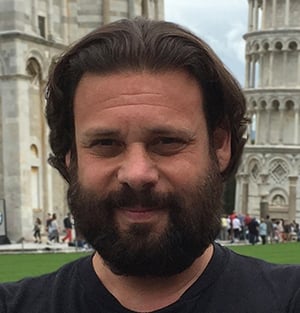 Car Features
Car Features
The  Network
Network

Born and raised in Manhattan, Rob studied film production at New York University's elite Tisch School of the Arts film school.
 Car Features
Car Features
 Columns
Columns
 Columns
Columns
 Car Shows
Car Shows
 Columns
Columns
 Columns
Columns
 Car Shows
Car Shows
 Features
Features
 History
History
 Columns
Columns
 History
History
 Car Features
Car Features
 Car Features
Car Features
 History
History
 Car Shows
Car Shows
 Car Features
Car Features

Build your own custom newsletter with the content you love from Street Muscle, directly to your inbox, absolutely FREE!

We'll send you the most interesting Street Muscle articles, news, car features, and videos every week.
We promise not to use your email address for anything but exclusive updates from the Power Automedia Network.
We will safeguard your e-mail and only send content you request.

Thank you for your subscription.
We think you might like...

Classic Ford Performance |

Drag Racing |

Classic Chevy Magazine |
We think you might like...

Thank you for your subscription.